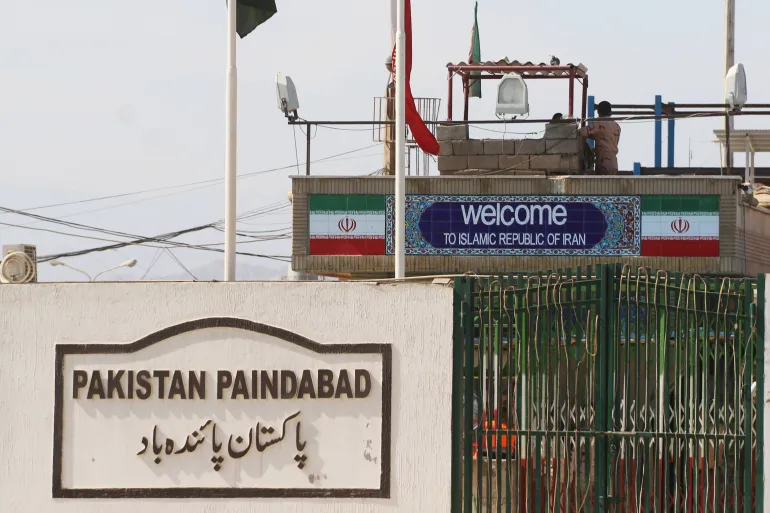
Pakistan Issues Warning Over Iran’s Airstrikes
Iran’s recent airstrikes in Balochistan, Pakistan, targeting Jaish al-Adl, have sparked concerns about the potential escalation of a regional conflict. Tragically, the bombings resulted in casualties, with two children losing their lives, and three others sustaining injuries.
Pakistan swiftly condemned the incident, categorizing it as a blatant violation of sovereignty and issuing a stern warning to Iran regarding potential serious consequences. The timing of these attacks coincides with heightened interactions between Pakistani and Iranian officials, spanning both civilian and military spheres. Notably, Pakistani caretaker Prime Minister Anwaar-ul-Haq Kakar had met with Iranian Foreign Minister Hossein Amirabdollahian just before the airstrikes.
In an effort to address the situation diplomatically, Pakistan’s interim foreign minister, Jalil Abbas Jilani, engaged in discussions with Iran’s special representative for Afghanistan affairs, focusing on enhanced coordination for regional stability. However, analysts expressed concerns that this incident may entangle Islamabad in a broader regional conflict, posing a serious threat to stability.
The timing, occurring just a month before national elections in Pakistan, introduces a political dimension to the situation, potentially influencing the electoral landscape. The Ministry of Foreign Affairs emphasizes the violation of Pakistani sovereignty, demanding accountability for the air attacks. As the repercussions of these actions unfold, possibilities include increased bilateral engagement, heightened regional instability, and potential diplomatic fallout, shaping the complex dynamics in the aftermath of the strikes.
Also, see:
Pakistan inaugurates its first anti-rape crisis center in Islamabad







